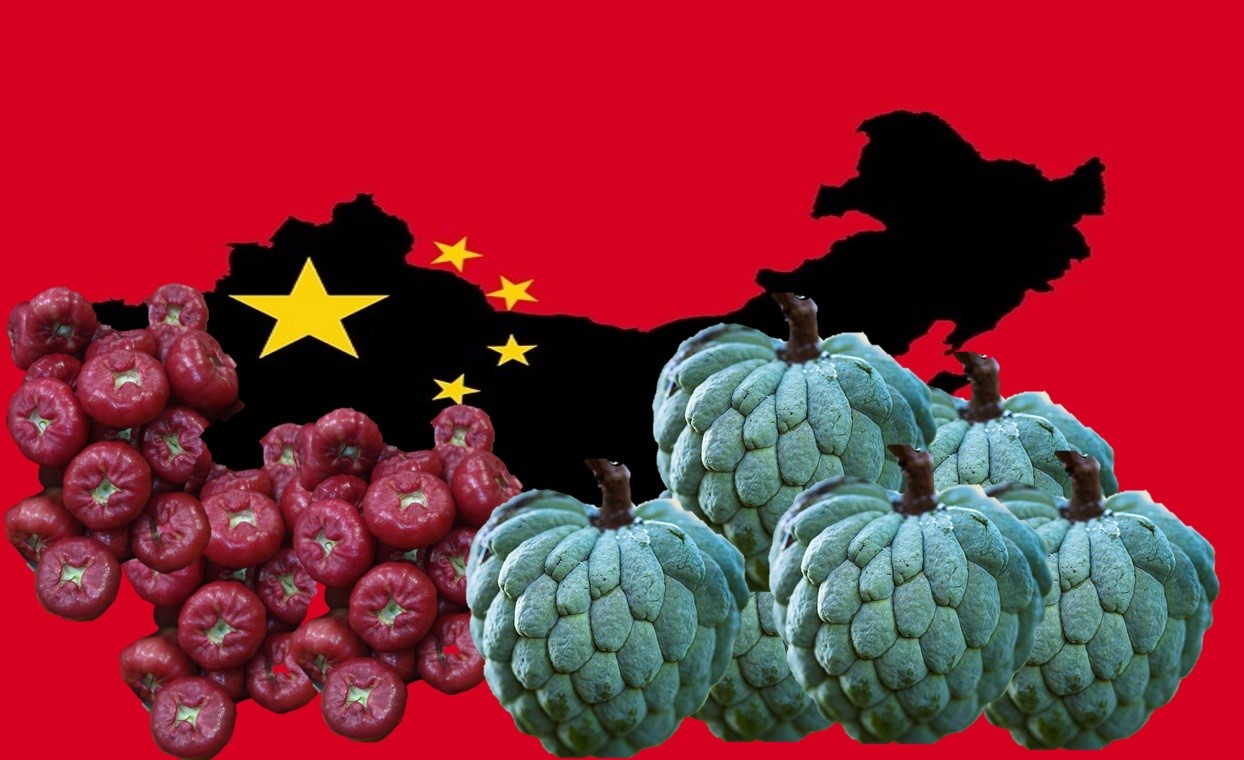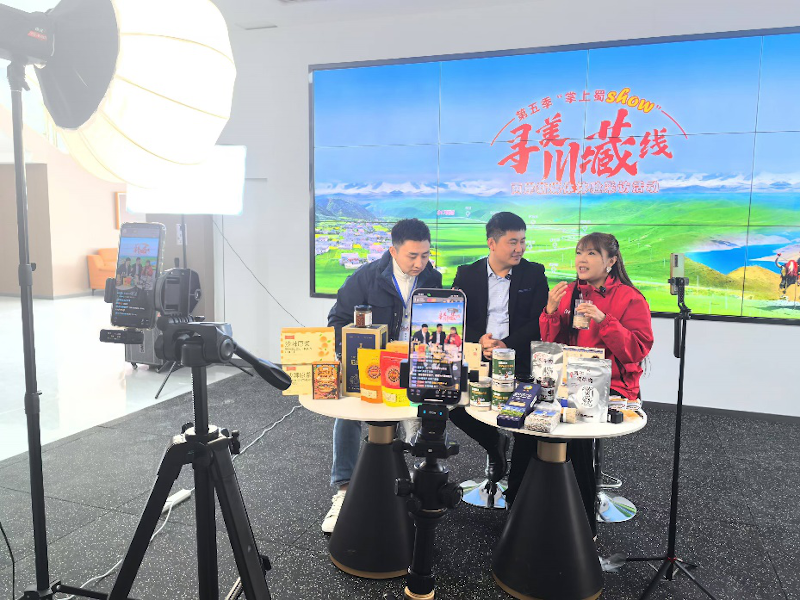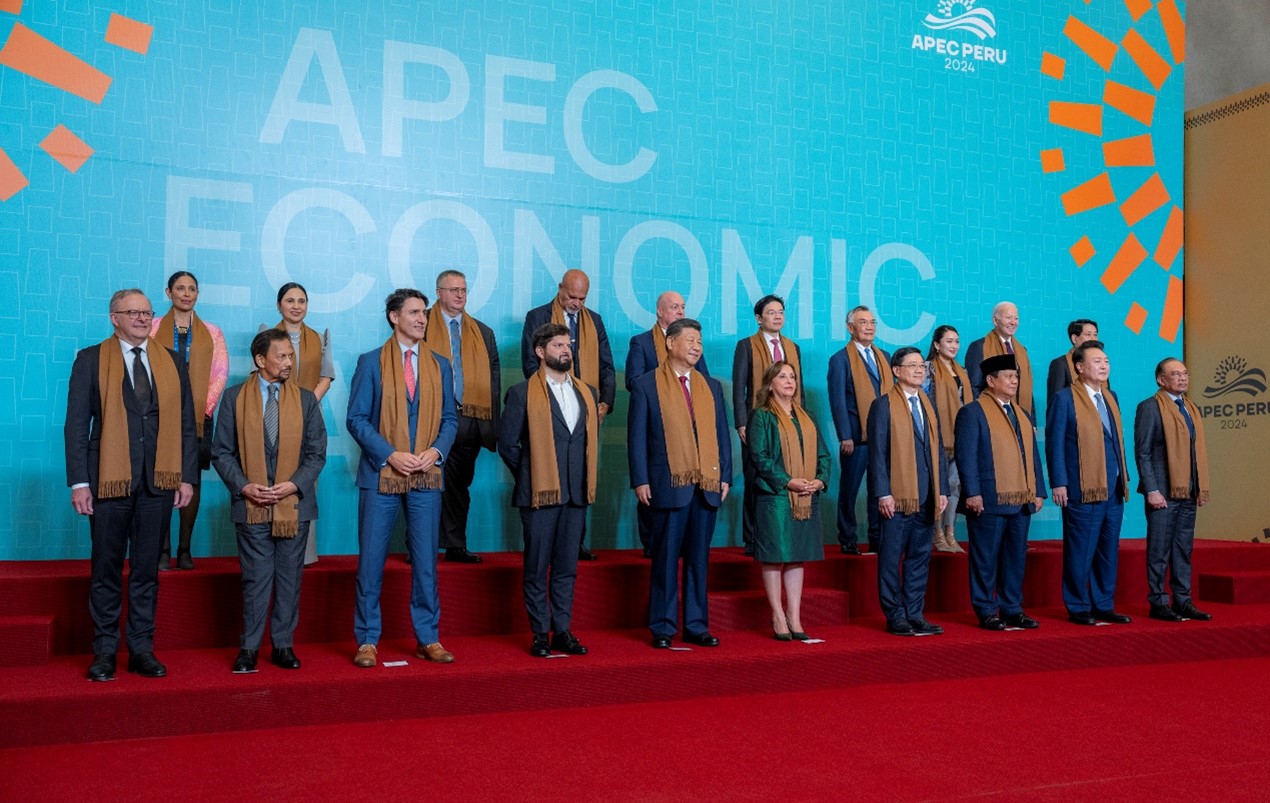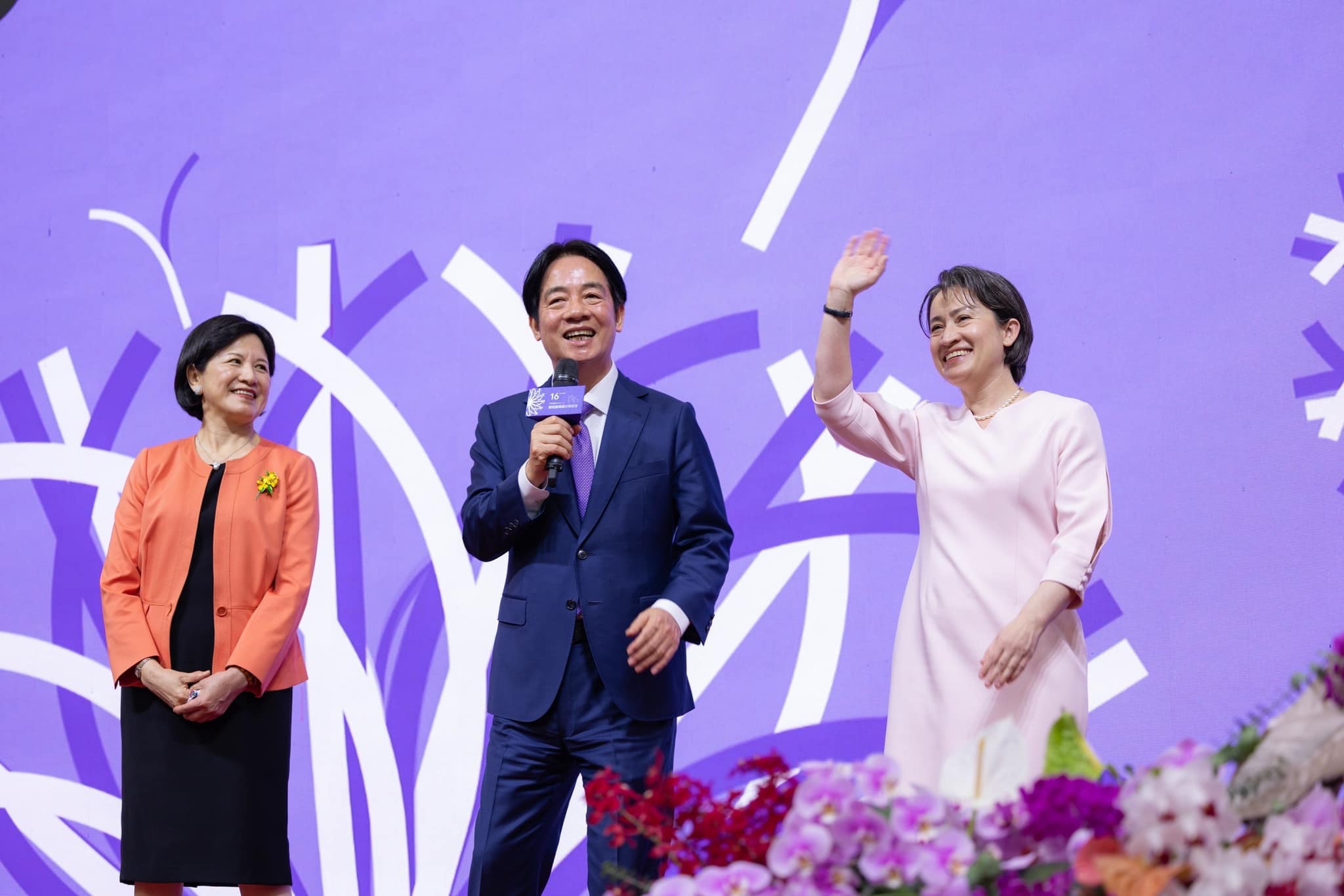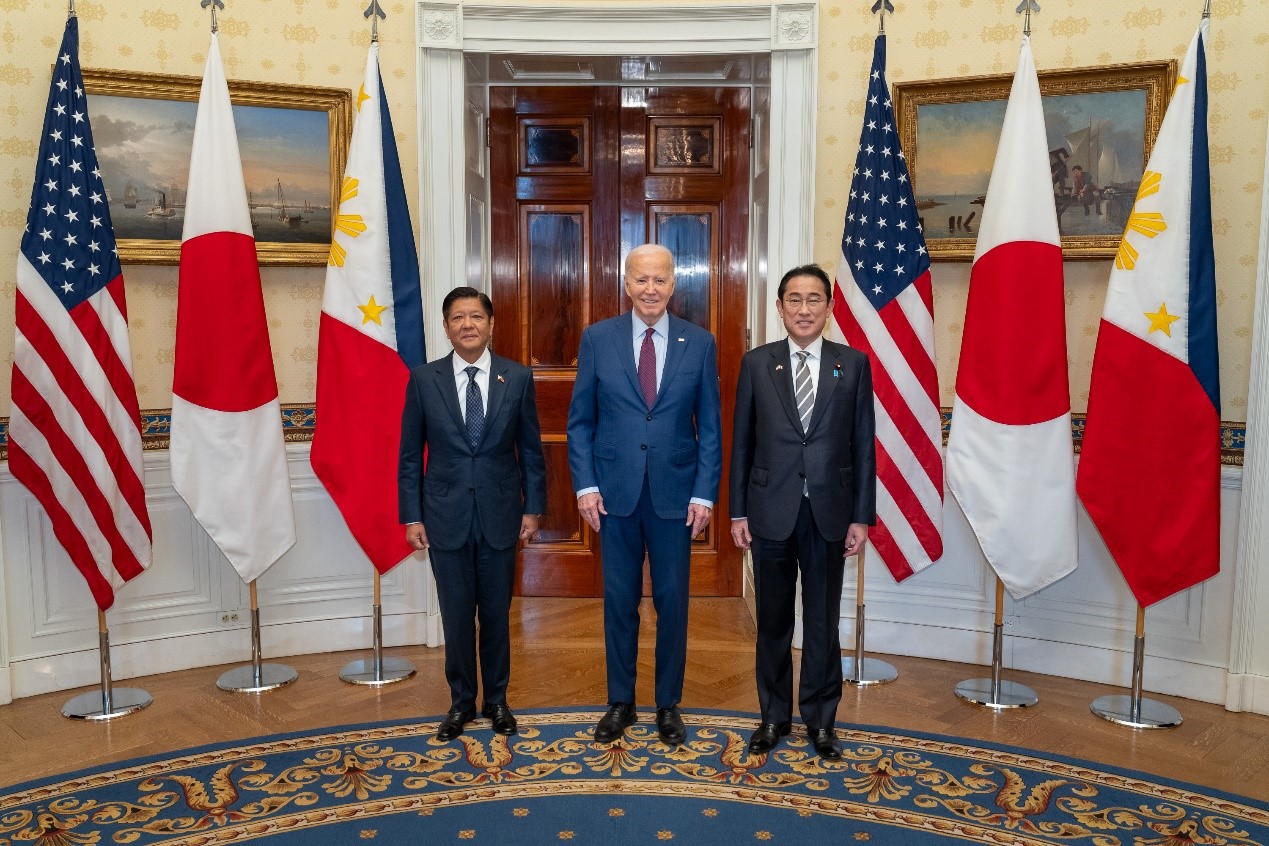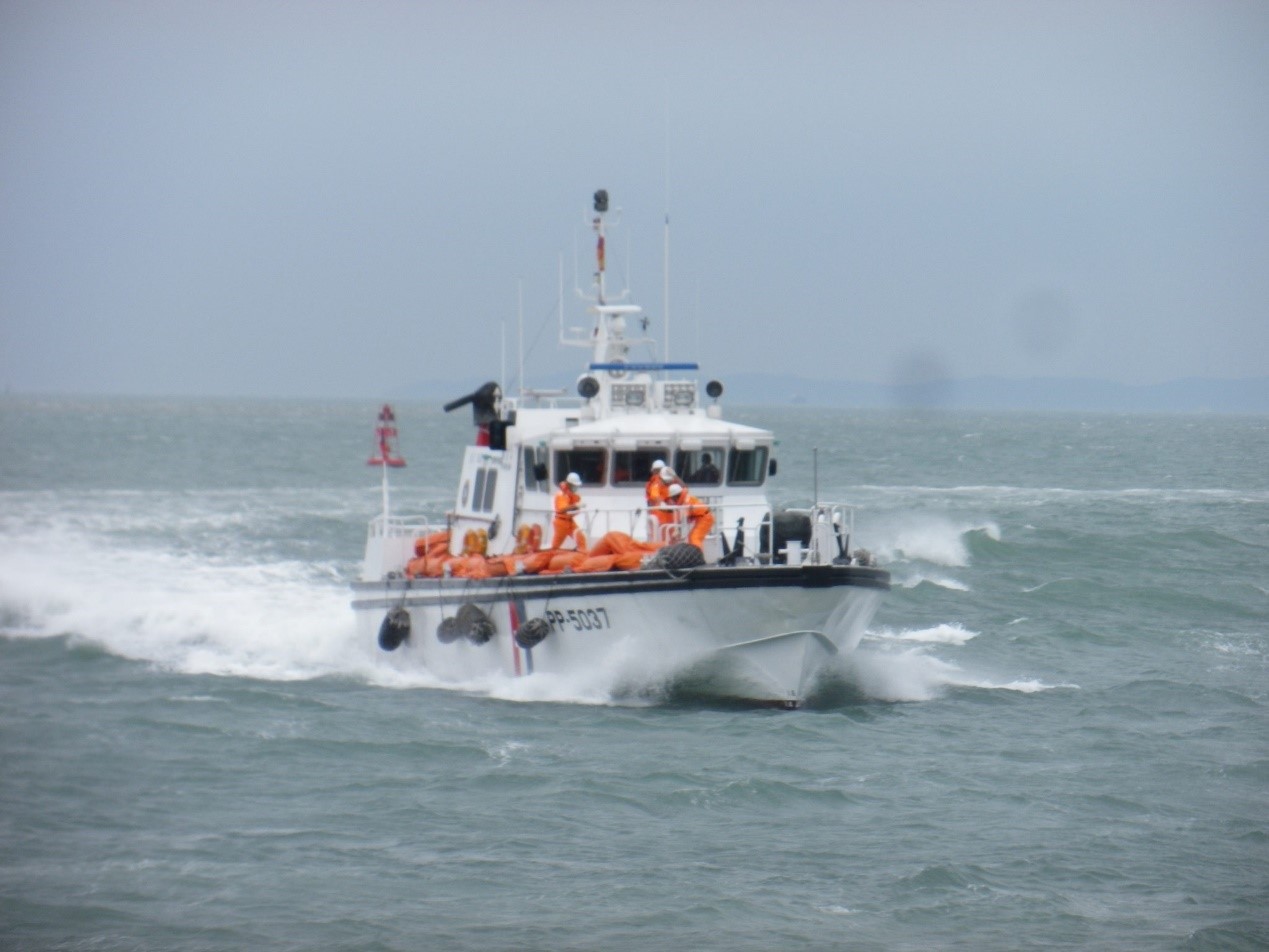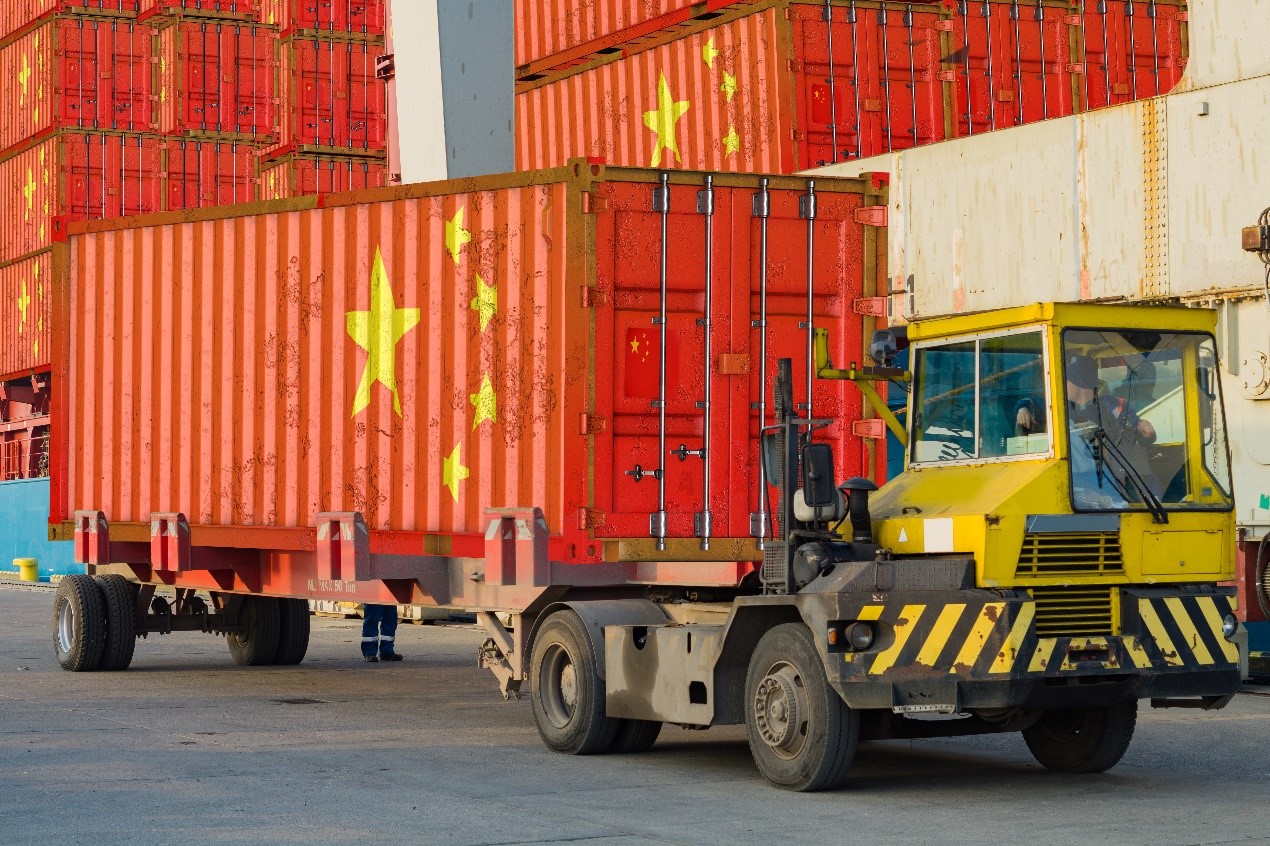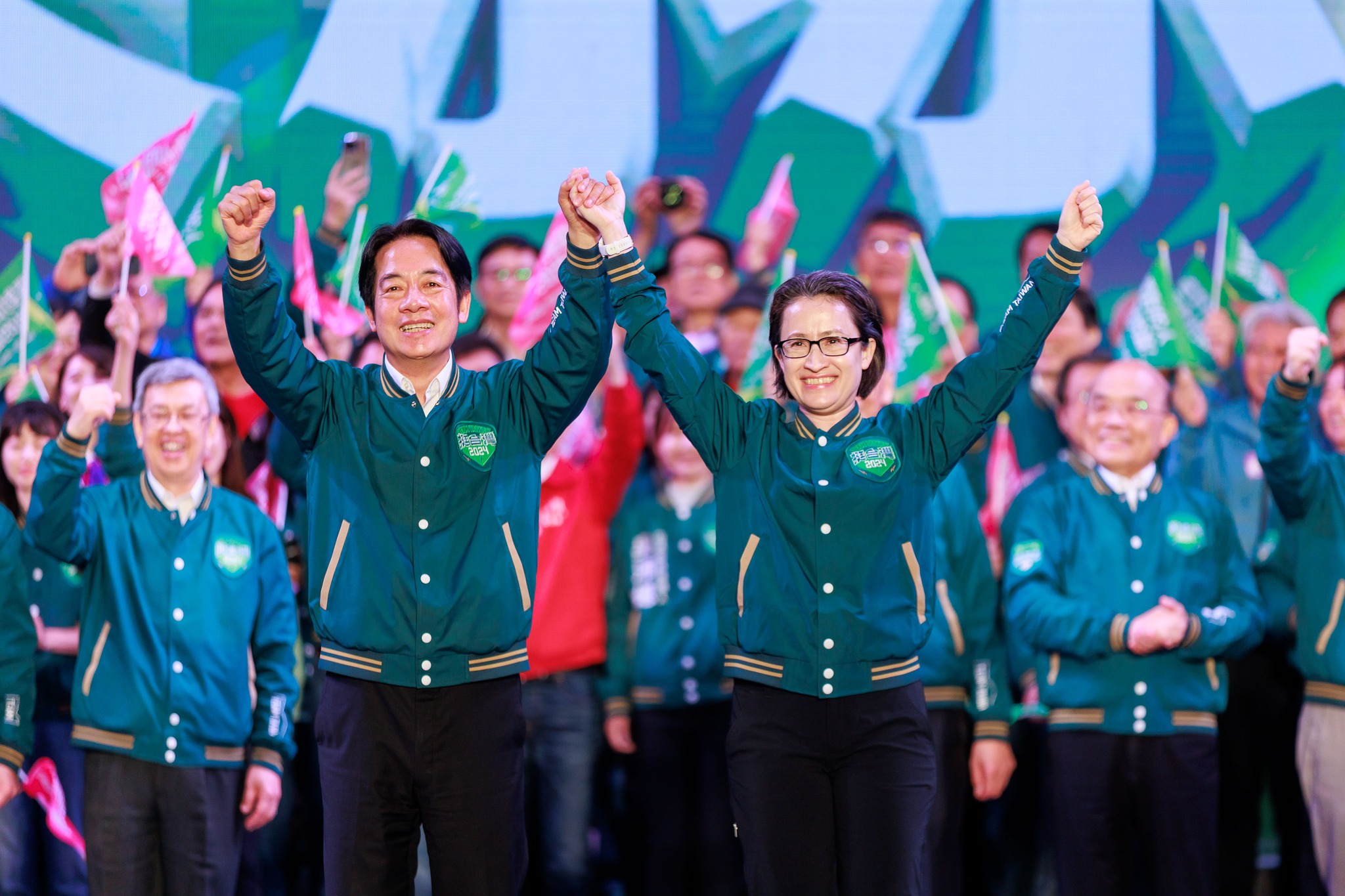The world has discovered that it literally cannot run without Taiwan. As the global pandemic made all too clear the vulnerabilities of the existing supply chain networks, COVID-19 has also underscored the fact that Taiwanese manufacturers dominate the semiconductor industry that is at the heart of all technologies. That alone is enough to boost international support for the Taiwanese government, if only to ensure the continued stability of the global economy. Picture source: MINCETUR Perú, Flickr,
Prospects & Perspectives 2021 No. 65
Capitalizing on Taiwan’s Economic Momentum
By Shihoko Goto
December 8, 2021
The world has discovered that it literally cannot run without Taiwan. As the global pandemic made all too clear the vulnerabilities of the existing supply chain networks, COVID-19 has also underscored the fact that Taiwanese manufacturers dominate the semiconductor industry that is at the heart of all technologies. With Internet connectivity becoming ever more prevalent for consumer goods as well as services, dependence on chips and Taiwanese semiconductor manufacturers in particular, can only continue to go up. That alone is enough to boost international support for the Taiwanese government, if only to ensure the continued stability of the global economy.
Unprecedented, concerted public support for Taiwan this year from the G7 and beyond coincides with the growing recognition of its key role in the global supply chain. But repeated reassurances from like-minded countries to ensure peace and stability in the Taiwan Strait has not led to a specific roadmap to protect and defend the Taiwanese economy. To be sure, Washington and Taipei have resumed discussions on a possible bilateral Trade and Investment Framework Agreement that had been stalled since the Obama administration. The two sides also concluded the second round of the joint Economic Prosperity Partnership Dialogue in late November, expanding their focus beyond supply chain resilience to dealing with the needs of the digital economy as well as pushing back against Chinese economic coercion. The list, as well as the need, for bilateral economic cooperation and coordination continues to grow.
Same Challenges, New Tools
On the other hand, the tools for China to insist on “reunifying” with Taiwan have also multiplied with time. Granted, the People’s Republic of China’s (PRC) position that Taiwan is a core interest has been unwavering over the decades, but gone are the days when Beijing leaned solely on the use of military threats. From economic coercion to disinformation campaigns aimed at Taiwanese citizens to intimidating Taiwan’s partners and luring away its allies, China has been relentless in its end goal of bringing Taiwan into its fold. So even as the international community steps up its support for Taiwan and rallies for cross-Strait stability, the need to ensure its longer-term economic resilience as well as defense capabilities has only increased.
For now, Taiwan’s economy is on a roll. It anticipates GDP to reach an 11-year high of over 6 percent this year amid surging exports, with semiconductor TSMC leading the way, and GDP for 2022 is forecast at over 4 percent. Yet Taiwan also finds itself in a region that is in the midst of seismic change in the rules of economic engagement. After all, the Indo-Pacific is home to the world’s two largest multilateral trade deals to which it is not party despite its key role in the global economy. Being outside both the Regional Comprehensive Economic Partnership (RCEP) agreement and the Comprehensive and Progressive Trans-Pacific Partnership (CPTPP) deal puts Taipei at a disadvantage, even if it does eventually join a deal, because it will not have been actively part of the rule-making process as a founding member. Rather, it would be signing on to an existing deal which would only be up for revision and updating.
A Deal That Goes Beyond Trade
For Taiwan, though, joining the CPTPP is far more than simply signing on to the world’s most ambitious and comprehensive trade agreement to date. It is also an unprecedented opportunity for the government to fulfill three main goals, namely: to be an integral part of the international community through a formal structure; to enhance and expand relations with like-minded governments; and to position its economy to be an integral part of the global trade framework.
Given what CPTPP membership has to offer, Taipei’s bid to join the deal in September, a week after Beijing officially declared its interest, was surprising only in its timing. From declaring interest, the road to actual accession is mired with hurdles, not least the need for governments to be able to demonstrate their interest and ability to adhere to the rules needed to gain entry. Taiwan is clearly more accession-ready than China, but in addition to the political hurdles posed by the conflict over the ROC and the PRC, there are two key issues that Taipei must bear in mind.
Referenda and Elections Loom Large
First is the referendum regarding U.S. pork imports. Regardless of whether citizens vote for or against the lifting of restrictions on importing American pork on December 18, the fact that the issue was brought forward to voters will raise questions on how Taipei will move forward on other issues that will directly impact foreign policy. Although the referendum is ostensibly to address food safety concerns, the result will have far broader implications for Taiwan’s relations with the United States. Should Taiwan’s policy continue to be to bring single politically sensitive issues to a public vote, it could actually have adverse impact on the government’s strategic goals more broadly.
The second concern is about the upcoming Taiwanese elections, and the possibility of instability within Taiwan. Although voters won’t be going to the polls until the 2024 general elections (with the exception of the 2022 local elections), the possibility of candidates from all political sides espousing a more aggressive stance on a range of issues to ensure Taiwan’s international space including defense and identity as well as on the trade front. Certainly, democracies across the world have seen in recent years a rise in both political extremes, but the challenge for Taiwan will be to continue being a robust democracy without resorting to extremism for political gain.
A stable and prosperous Taiwan is essential for the international economy, and ensuring that Taipei remains at the heart of the evolving global supply chain network is critical for global growth. The challenges ahead, though, are hardly limited to the prospect of Taipei being able to negotiate entry into the CPTPP. How Taipei will utilize referendums to address major public policy concerns, and how the anticipated political campaigning ahead of the next presidential elections will challenge the needs of a thriving democracy on the one hand, and maintaining the status quo in cross-Strait relations on the other.
(Shihoko Goto is Acting Director of the Asia Program and Deputy Director for Geoeonomics with the Wilson Center.)



